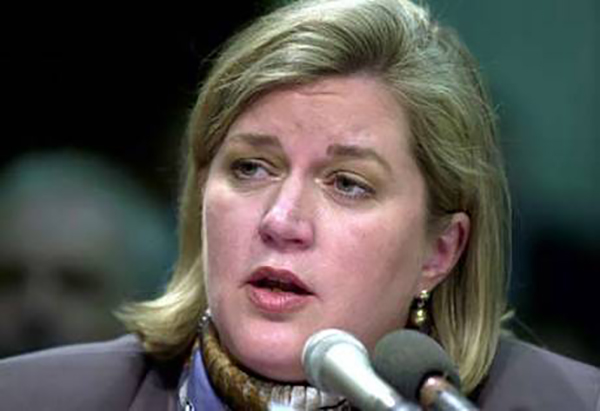 The Fifth Circuit Court of Appeals has not exactly distinguished itself in regard to the appeals emanating from Enron criminal matters.
The Fifth Circuit Court of Appeals has not exactly distinguished itself in regard to the appeals emanating from Enron criminal matters.
First, there was the appellate court’s affirmation of the U.S. District Court’s ludicrous conviction of Arthur Andersen. That gem was subsequently overturned by a unanimous U.S. Supreme Court.
Then, a Fifth Circuit panel affirmed the District Court’s brutal conviction of former Enron CEO Jeff Skilling. That pearl of judicial wisdom was disassembled by a largely unified the Supreme Court last year.
As if on cue, a Fifth Circuit panel has predictably produced another clunker, this time affirming Skilling’s convictions on conspiracy and securities fraud counts because the erroneous reliance of the prosecution on Skilling’s honest services wire fraud amounted to harmless error.
In short, the Fifth Circuit rationalizes that the prosecution really didn’t rely all that much on all that honest services stuff in convicting Skilling, so his convictions on the other charges should stand.
Yeah, right. The prosecution didn’t rely on the honest services counts all that much? Poppycock. For example, remember the absurd amount of time that the prosecution spent during trial on Skilling’s alleged honest services violations in regard to Photofete?
What is most striking about the Fifth Circuit’s decision is its utter vacuity. For example, the decision contends that there was “overwhelming evidence” that Skilling committed securities fraud by engaging in fraudulent accounting in regard to several Enron units. But the decision fails to cite any of the supposedly “overwhelming evidence” and doesn’t even address the rather important point that the prosecution did not accuse Skilling of falsifying any of Enron’s accounting. In fact, the prosecution didn’t even put on any expert evidence that Enron’s accounting for the allegedly misleading disclosures was wrong, much less false. This tortured logic took this Fifth Circuit panel six months to generate?
Oh well, this matter is far from over. Not only is the case going back to the District Court for re-sentencing, but now Skilling finally gets his opportunity for the first time to seek a new trial on the egregious prosecutorial misconduct (see also here) that was uncovered after the conclusion of the first trial. And you can bet that the Fifth Circuit panel’s most recent rationalization will eventually be the subject of another appeal to the Supreme Court.
Meanwhile, a man who was a primary component in creating enormous wealth for investors and thousands of jobs for communities continues to sit in a Colorado prison.
Sure seems to me as if we could use more of those in the business community these days.
Update: Ellen Podgor has her typically cogent analysis of the Fifth Circuit decision here.
Fifth Circuit Skilling Decision 06-20885-CR1.wpd








 Could it be that folks are finally realizing that old-fashioned greediness really
Could it be that folks are finally realizing that old-fashioned greediness really 